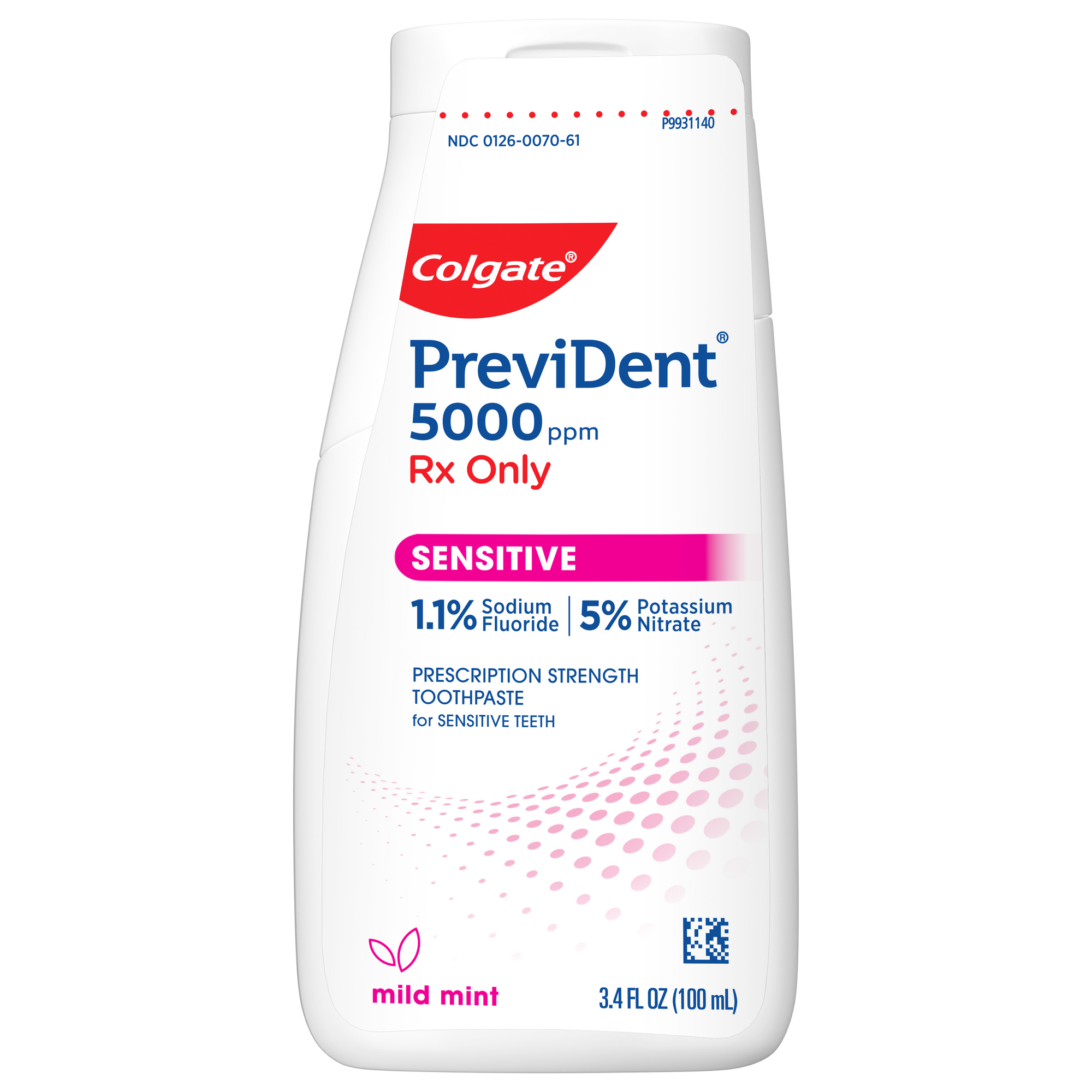How does herpes on the tongue happen? Better yet, how can you prevent herpes from infecting your tongue? We'll give the lowdown on oral herpes on the tongue, ways to avoid an outbreak, and how to treat the condition.
What Causes Herpes on the Tongue?
Either of the two herpes viruses can bring on tongue herpes and its lesions:
Herpes Simplex Virus, Type 1 (HSV-1): Better known as oral herpes, it's also sometimes called cold sores or fever blisters.
Herpes Simplex Virus, Type 2 (HSV-2): Known as genital herpes, HSV-2 can also infect the tongue, particularly during oral sex.
Because herpes is highly contagious, you can easily spread it via open sores and saliva to other parts of your body –including your lips, cheeks, gums, the roof of your mouth, inside your nose, throat, chin, eyes, fingers, and elsewhere on your skin.
You also can infect others by kissing, sharing toothbrushes or eating utensils, being sexually intimate, or licking someone (something children are fond of doing.).
What Are the Stages of Tongue Herpes?
According to Johns Hopkins Medicine, 50 to 80 percent of adults in the United States have HSV-1, even though they might never have experienced any symptoms. And about 16% of people age 14-49 have HSV-2, notes the Centers for Disease Control (CDC), and those without visible lesions can spread the virus.
Herpes can remain dormant until triggered by a fever, emotional stress, fatigue, an injury or surgery, menstruation, or persistent sunlight exposure. Once triggered, you might experience these herpes stages, which in total might last two to three weeks:
- Itching, tingling, or burning sensation around the area about to erupt. You might also notice swelling and redness.
- HSV-fluid-filled blisters appear, and you might experience pain. These blisters can look reddish, whitish, yellowish, or grayish at times.
- The fluid oozes out of blisters that pop and might scab over. Since the fluid most likely will mix with your saliva, you might infect other areas of your mouth.
How to Prevent Herpes on the Tongue
Herpes, alas, doesn't have a known cure, so prevention is the best way to protect yourself from this virus's lifelong effects. According to Johns Hopkins Medicine, when someone has an active sore, it's best to avoid physical contact because of transmission risk.
Awareness is the key to prevention. When you feel you're on the cusp of an outbreak, contact your doctor about how potentially to prevent sores from developing. Also, be aware that saliva, mucous membranes, and skin all carry active viral components that can infect others and reinfect yourself.
No matter what prevention methods you take, you might not be able to protect yourself. Occasionally, herpes can be actively spread even when the afflicted person has no symptoms, which is one of the primary reasons many people get infected. The best you can do is ask people with whom you're in a relationship if they've ever had a herpes outbreak.
Care and Treatment of Tongue Herpes
Herpes on the tongue typically doesn't require medical care, but the sores can cause quite a bit of discomfort. Taking Ibuprofen can relieve the pain and help reduce any fever or inflammation that might arise.
If needed, contact a medical or dental professional for further care. Ask your doctor to prescribe an anti-viral medication or a topical anesthetic like lidocaine to provide pain relief. And contact your dentist to ask about medicated rinses and about toothpaste ingredients to avoid.
If the pain is severe enough to interfere with eating and drinking, be careful to avoid dehydration. Sip cold water in tiny amounts throughout the day, or try using a straw for drinking enough fluids. Also, soft food or nutritious beverages, such as smoothies, might be on your menu until healing occurs. And, of course, avoid spicy or salty foods.
We sympathize with the pain, annoyance, and embarrassment herpes outbreaks can cause. But by giving yourself some tender loving care when an outbreak occurs, you'll have the fortitude to ride it out until the healing starts. And you now have the information to be aware of triggers and early symptoms so you can seek treatment asap to minimize this viral infection's effects and live your life to the fullest.
This article is intended to promote understanding of and knowledge about general oral health topics. It is not intended to be a substitute for professional advice, diagnosis or treatment. Always seek the advice of your dentist or other qualified healthcare provider with any questions you may have regarding a medical condition or treatment.
ORAL HEALTH QUIZ
What's behind your smile?
Take our Oral Health assessment to get the most from your oral care routine
ORAL HEALTH QUIZ
What's behind your smile?
Take our Oral Health assessment to get the most from your oral care routine















